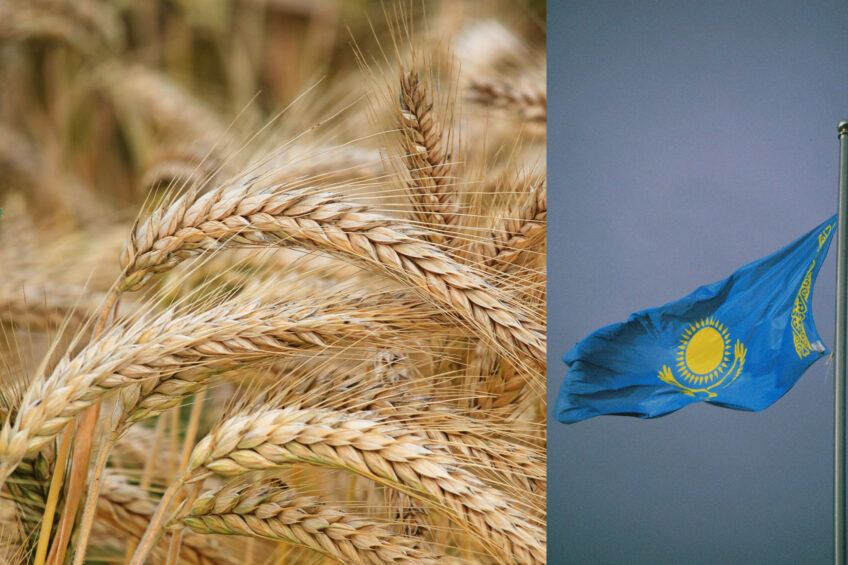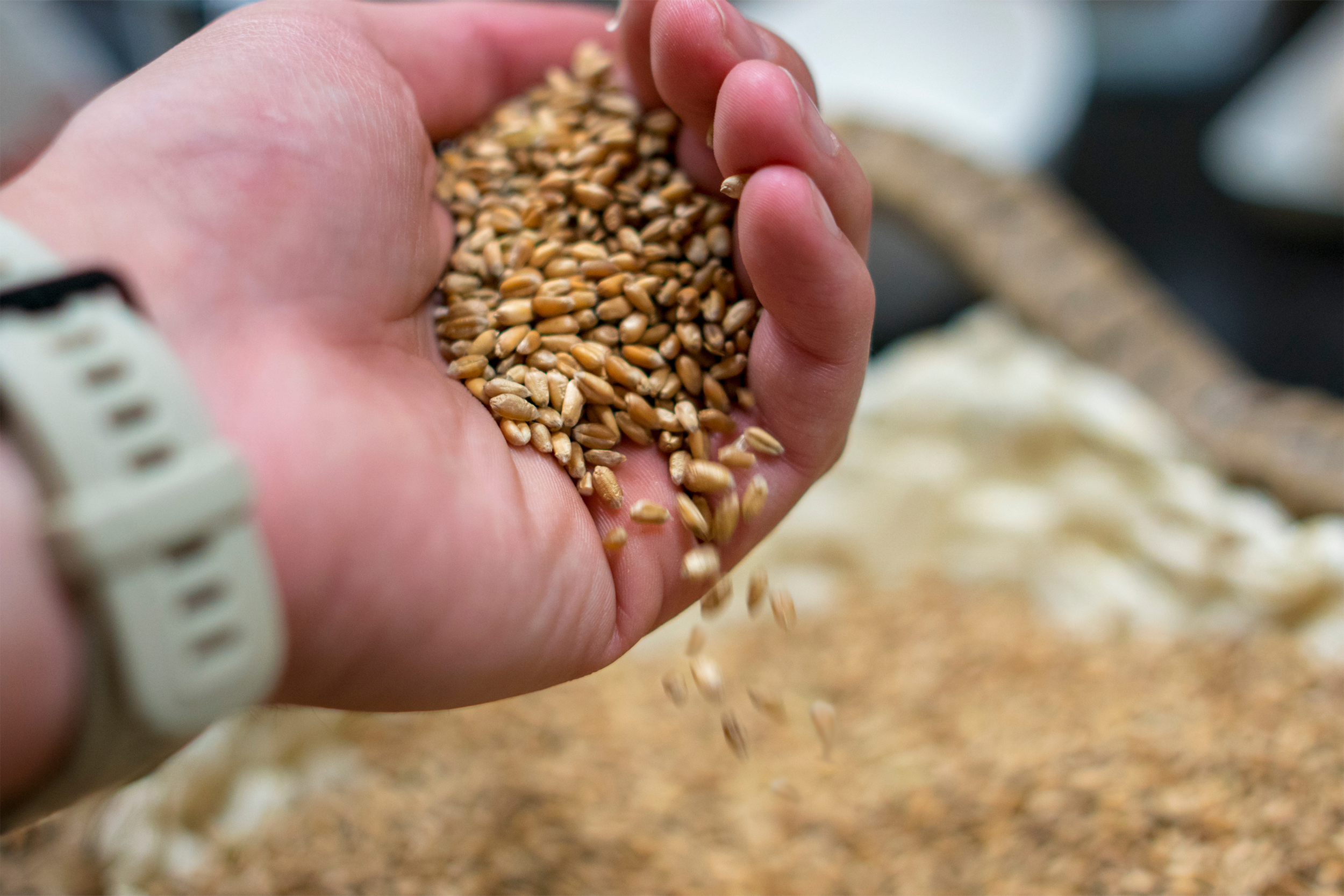Kazakhstan eyes feed exports within a China-led trade bloc

Kazakhstan, a prominent grain exporter, evaluates plans to position itself as a feed exporter within the Shanghai Cooperation Organisation (SCO), a political and economic block of 9 Eurasian countries.
The grain industry is the cornerstone of the Kazakh economy, as Aidarbek Saparov, the Kazakh Agricultural Minister, highlighted during a recent SCO meeting. The authorities are exploring ways to enhance the efficiency of agriculture by transitioning to deep grain processing and expanding feed production and exports to other SCO members. This strategic shift could not only diversify Kazakhstan’s export portfolio but also potentially lead to higher economic returns due to the added value of processed feed products.
For example, Saparov said Kazakhstan sees great potential in feed exports to Iran, which annually imports between 2.5 and 3 million of barley to meet its requirements in animal feed production. Other markets importing grain from Kazakhstan also look promising for feed exports.
Shift from crop exports to animal feed exports

Over the past few years, Kazakhstan businesses have advocated for a strategic shift in the country’s export focus, moving away from grain and towards products with higher added value, such as feed, meat, and dairy.
For instance, Sayan Ashenov, chairman of the AsiaAgroFood, has urged the authorities to shift from exporting feed crops such as wheat, barley, and corn to selling animal feed. He estimated that Kazakh feed could be in high demand in China, the countries of Central Asia, Iran, and Turkmenistan, citing the growing livestock industries in these regions as a key driver of potential demand.
Exports could help keep the Kazakh feed mills busy. As estimated by Ashenov, 70 feed mills operating in the republic boast a designed capacity of 4 million tonnes. However, relatively low demand on the domestic market limited the actual performance to 2.4 million tonnes per year.
With the right state support, feed exports from Kazakhstan could see a significant boost, according to Ashenov.
Expanding trade
Kazakhstan authorities hope to ride a wave of expanding trade turnover between SCO members.
China, the largest SCO economy, has recently revealed that its trade turnover with the SCO members has nearly doubled since 2010, reaching $19 billion in 2023.
According to official figures, Kazakhstan set a new record for grain exports to China in 2023, encompassing wheat, barley, soybeans, flax, and sunflower seeds. The total shipments reached 2.2 million tons.
Challenges for trade expansion
However, Saparov admitted that the poorly developed logistics infrastructure largely constrains growth opportunities.
However, Saparov acknowledged that the underdeveloped and unbalanced transport and logistics infrastructure pose significant challenges to the mutually beneficial functioning of food markets in the SCO space. He stressed that the expansion of agricultural trade hinges on the further connection of existing and new multimodal cargo transportation routes, underscoring the urgent need for infrastructure development.











